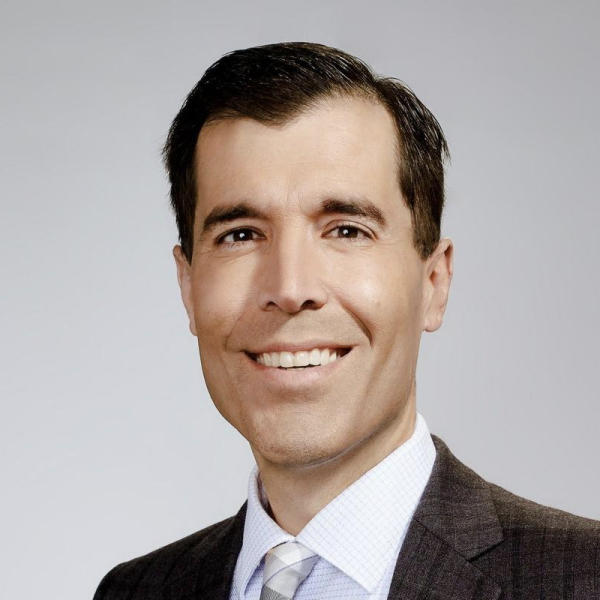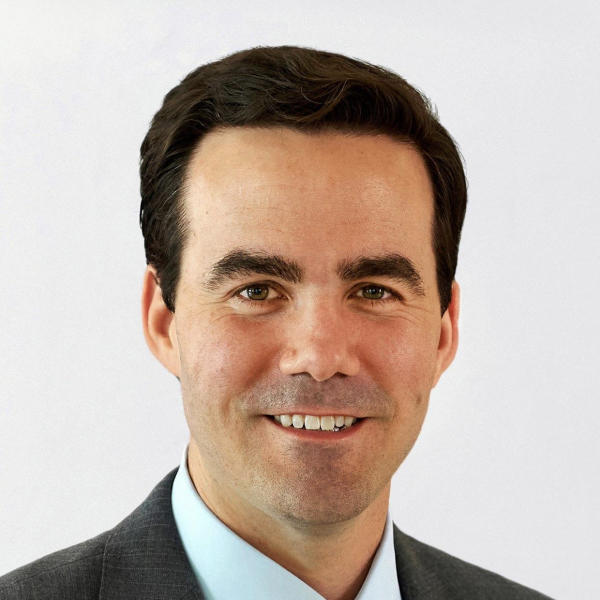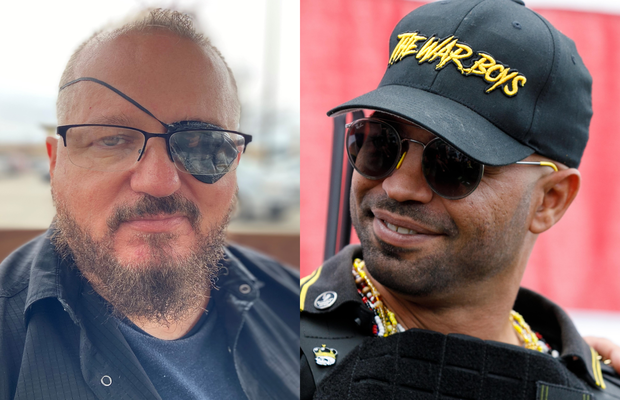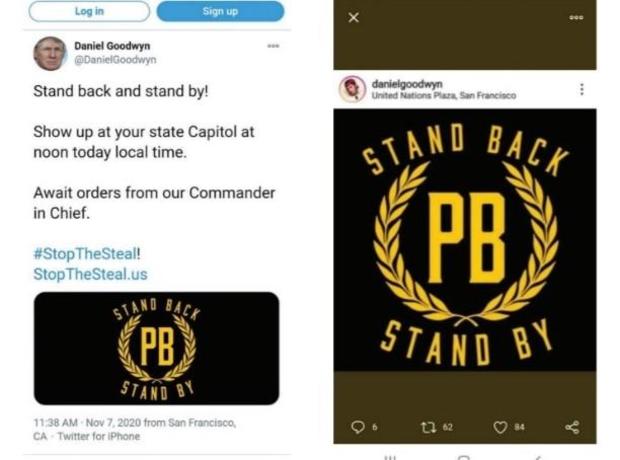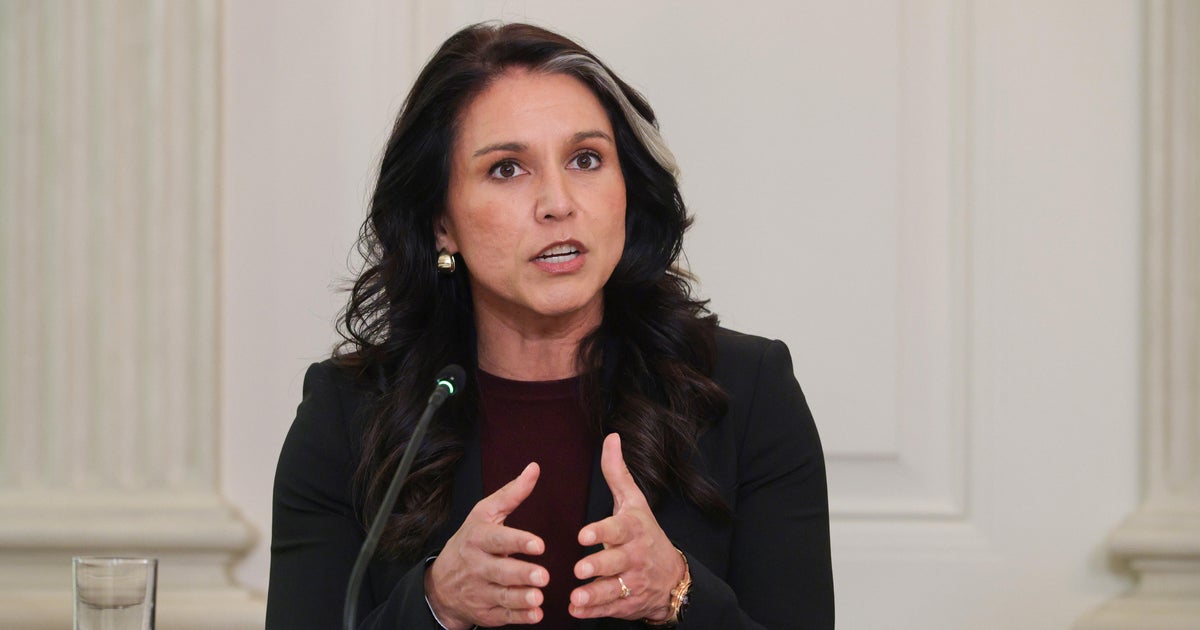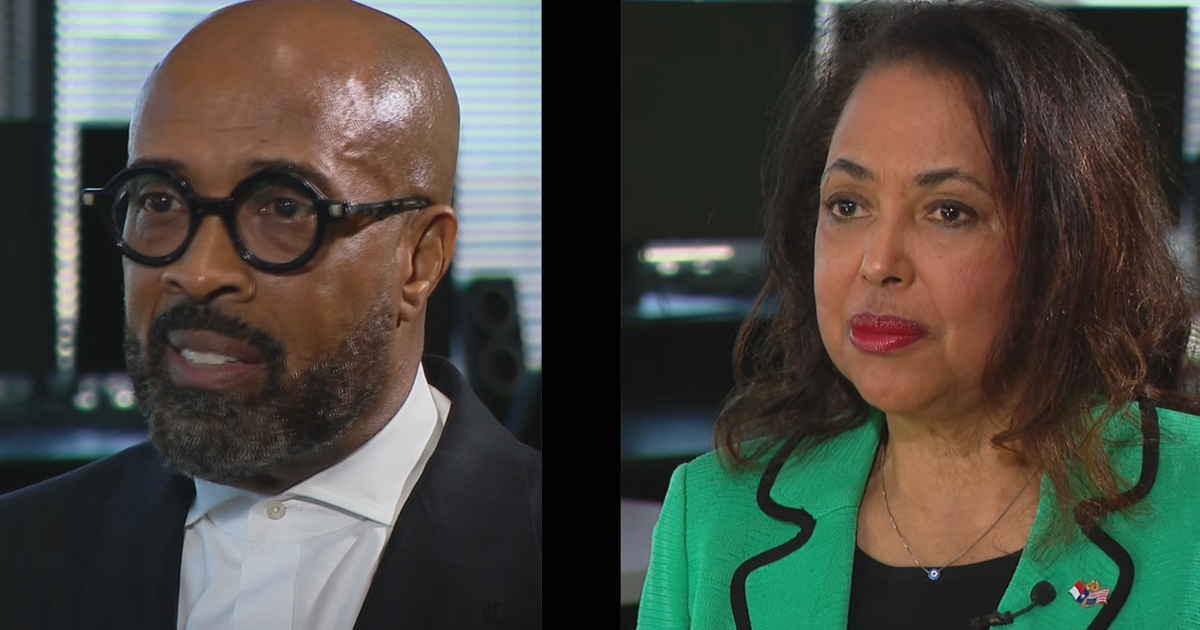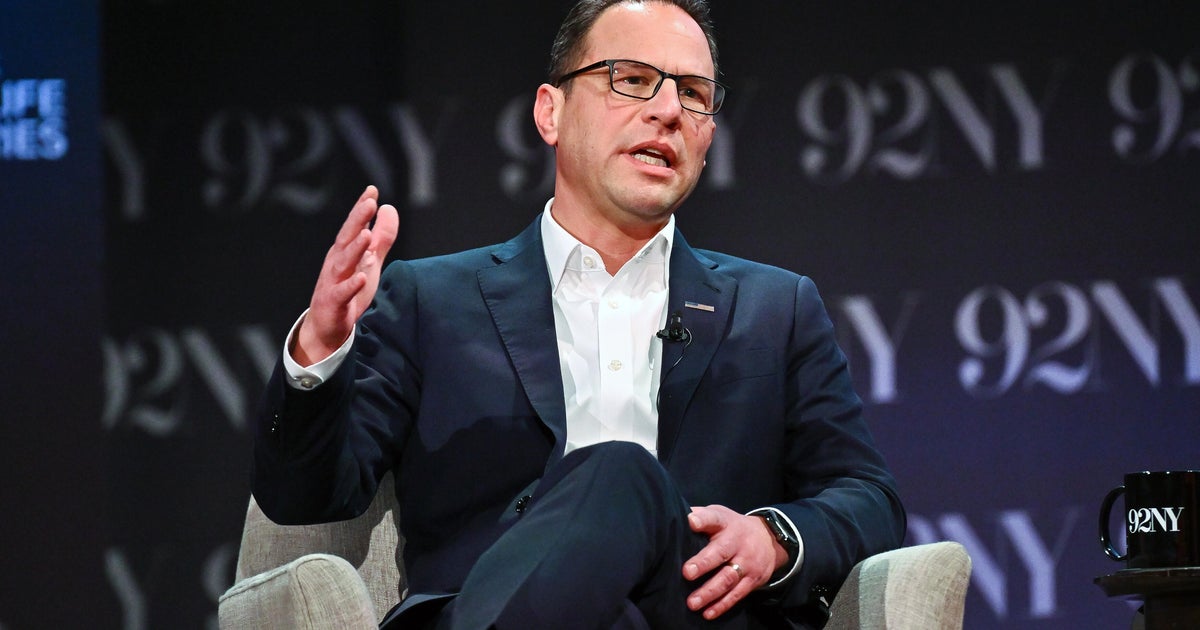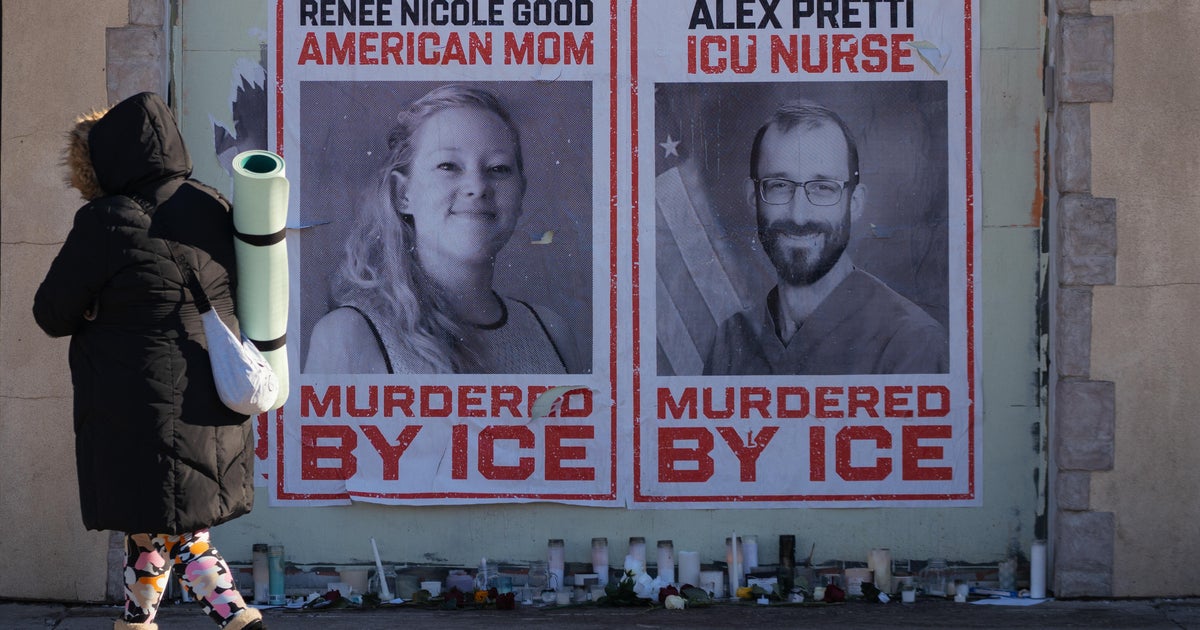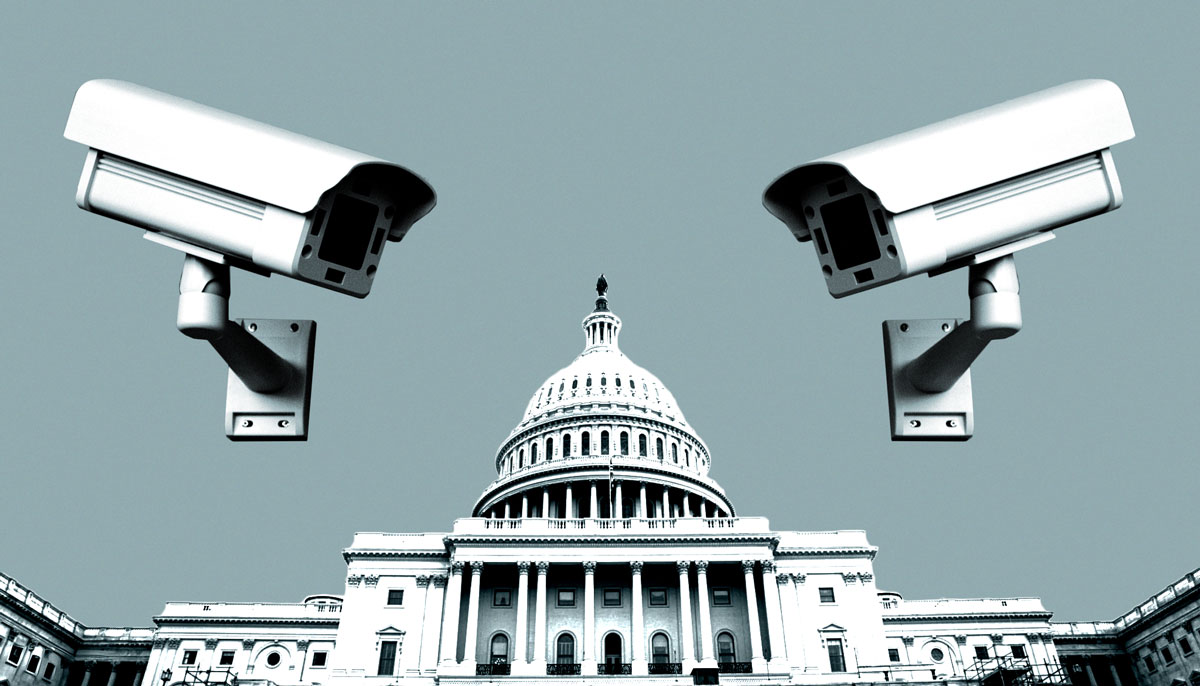Hostilities between two far-right leaders emerge as a line of inquiry for Jan. 6 committee
For months, the House select committee investigating the Jan. 6, 2021 assault on the U.S. Capitol has been probing coordination between far-right groups, and another trove of text messages released this week by federal prosecutors shows coordination between members of the Proud Boys and Oath Keepers.
But in recent weeks, the House committee has also learned through testimony from several witnesses that while members of both groups often worked together, and did so on Jan. 6, there was animosity between the groups' leaders in the run-up to the Capitol attack.
House investigators have probed this line of inquiry in depositions, trying to learn more about the dynamics inside two key groups linked to Jan. 6, four people familiar with the probe told CBS News.
The questions the committee has asked and related answers reveal how it is deeply looking into how far-right groups were potentially riven by intense rivalry, even as they pursued similar and allegedly seditious aims during the Jan. 6 period. It is unclear if this line of inquiry will be included in the committee's public findings, if at all, as it pushes to finish its work in the coming weeks. Several people close to the committee have said members and aides felt pressure to wrap up their work in the coming weeks even as they explore various investigative paths.
But in recent weeks, Jan. 6 committee investigators have asked at least three witnesses to detail the behind-the-scenes rivalry, mistrust, and animus between Oath Keepers founder Stewart Rhodes and prominent Proud Boys member Enrique Tarrio during the run-up to the attack on the Capitol, the people said. In addition, the House panel has spent a combined 10 hours probing Rhodes and Tarrio about their roles, according to the sources, with Rhodes sitting for six hours with the committee and Tarrio for at least four hours.
Responses from several witnesses have provided information about the subtleties of how far-right groups operate, the people said. The committee is preparing to explain to the public how various feuding groups were able to put aside those differences and embark on a shared mission to boost former President Donald Trump and pressure Congress.
The investigation into the relationship between the two leaders has not altered the committee's private assessment that members of the Proud Boys and Oath Keepers were able to work closely together on Jan. 6, inspired by Trump and his false claims of a stolen election, two of the people familiar with the depositions said.
Rhodes and Tarrio are two of the highest-profile Jan. 6 defendants facing federal prosecution, with Rhodes awaiting a trial for seditious conspiracy related to the Jan. 6 attack. Tarrio also remains jailed pending trial on several federal charges, including conspiracy.
New York-based filmmaker Nick Quested, who said he testified for seven hours before the committee in March, confirmed to CBS News that he spoke with the committee's investigators about the relationship between Rhodes and Tarrio, which he has documented.
"There was an animus between Rhodes and Tarrio," Quested told CBS News, referring to a Jan. 5, 2021, meeting in a parking garage between the two men, which was filmed. "They were not on the same team. There was a trepidation to engage with each other, especially from Rhodes' point of view."
Three of the other people interviewed by CBS News requested anonymity since they were not authorized to discuss committee depositions.
This latest line of inquiry underscores how the Jan. 6 committee, just weeks before it plans to begin public hearings, is working to map out the relationships between far-right groups and to understand the dynamics around the Jan. 6 attack.
But rather than see the two central far-right groups associated with Jan. 6 as a monolith working seamlessly to coordinate the assault on the Capitol, the committee has learned that they were riven by intense infighting, even as they pursued similar and allegedly seditious aims during that period.
Recent testimony from several witnesses has provided some nuanced information about how far-right groups operate, with their shared conspiracies and ambitions at times gaining traction on social-media fronts, even though the individual leaders were feuding or suspicious of one another.
An attorney who has represented Proud Boys clients in other criminal cases said the group specifically seeks men only for membership. The Jan. 6 defendants allegedly affiliated with the Proud Boys have roots in larger metropolitan areas, including Philadelphia. Many of the accused Oath Keepers charged in the attack hail from small, rural communities, including southern Ohio and western Virginia.
In particular, the committee has prodded witnesses about the Jan. 5, 2021, meeting between Rhodes and Tarrio in Washington, D.C., hours before members of the Oath Keepers and Proud Boys were accused of storming the Capitol intent on stopping the certification of the 2020 presidential election.
On the eve of the Capitol attack, Tarrio and Rhodes met for the first time, fleetingly, in the parking garage of the Hall of States building in Washington, across the street from the Senate side of the Capitol, according to two people familiar with the panel testimony of Tarrio and others.
Tarrio told the Jan. 6 committee that he was staying in a hotel near the parking garage and made the quick visit to see Rhodes. But he said under oath that he had done so unwillingly because he disdained Rhodes and considered him a rival, three people familiar with his testimony said.
"They met reluctantly, without warning. They don't like each other," said one person close to Tarrio.
At one point, during his meeting with the committee, Tarrio referred to Rhodes' group as "oath breakers," a second person said.
Tarrio also told investigators that the animus between him and Rhodes can be traced back to a falling out in 2019, following an incident in Portland, Oregon. Tarrio told the investigators that he had made arrangements with Rhodes to help transport a convoy of Proud Boys through the city, but then Proud Boys were stood up and stranded by Rhodes, the people said.
Tarrio said he grew angry and frustrated by Rhodes' handling of that incident, which left Proud Boys struggling to travel and pay for car services and other travel options, the sources added.
Beyond Quested, another person familiar with the Jan. 5, 2021 meeting between Tarrio and Rhodes said it was brief, likely less than two minutes long.
Tarrio told the House committee he was unaware Rhodes would be in the garage, where a group of associates and Trump supporters had gathered on Jan. 5. Tarrio told the committee he and Rhodes shook hands and greeted each other.
Rhodes' defense attorney says Rhodes was interviewed for six hours by the House committee in February. Attorney Phillip Lindner told CBS News much of the interview was focused on the origins and beliefs of the Oath Keepers, but also included questioning about the relationship between Rhodes and Tarrio. Lindner said Rhodes had little to say about Tarrio.
An attorney for Tarrio declined to comment.
A spokesman for the committee declined to comment.
CBS News has also confirmed that the committee is investigating whether far-right leaders felt inspired by Trump's remarks about the Proud Boys.
At a presidential debate on Sept. 29, 2020, Trump and then former vice president Joe Biden had a heated exchange on the threat of white supremacy. At one point, when asked about the Proud Boys, Trump said, "Proud Boys, stand back and stand by," and then said that violence is a "left-wing problem."
Lawyers, federal prosecutors, and judges have singled out Trump's comments in an increasing number of civil and criminal cases stemming from the Capitol siege. They allege the phrase was an inspiration for the violence on Jan. 6, particularly among Proud Boys.
A CBS News review of the tens of thousands of pages of criminal court filings also revealed multiple references to the phrase in affidavits or memos used to seek criminal charges or pretrial detention against individual defendants.
The Justice Department accused Capitol riot defendant Daniel Goodwyn of Corinth, Texas, of posting "stand back and stand by" on his Twitter feed, using an avatar image of Donald Trump, on Nov. 7, 2020.
Tarrio pleaded not guilty to multiple federal felony counts earlier this month, including conspiracy to obstruct Congress' certification of the 2020 electoral votes, stemming from his alleged participation in the Jan. 6 Capitol attack.
He was arrested in Miami in March after a grand jury in Washington, D.C., indicted him and five other Proud Boys members who had already been charged with other crimes connected to Jan. 6. A Florida judge ordered Tarrio detained pending trial, and in April, he appeared virtually at an arraignment in U.S. District Court in Washington to enter his not guilty plea.
The Justice Department said Tarrio was not at the Capitol on Jan. 6, but prosecutors allege he led the advance planning of a portion of the attack and remained in contact with some of the Proud Boys while they were taking part in the assault.
Tarrio had been arrested two days before the attack on unrelated charges. He was released the next day and ordered to stay out of Washington. The new indictment alleged that he defied the order and remained in Washington for some time, directing the Proud Boys' actions during the Capitol rioting and bragging about it later on social media and in encrypted messages.
Prosecutors said Tarrio and other Proud Boys allegedly established what they called a "Ministry of Self Defense," with Tarrio at the top of the power structure.
One of Tarrio's co-defendants pleaded guilty earlier this month and agreed to cooperate with prosecutors.
In January, Rhodes and nine of his co-defendants pleaded not guilty to charges that they planned for and participated in the Jan. 6 Capitol attack.
Appearing virtually in the U.S. District Court in Washington, D.C., the defendants each entered not-guilty pleas after listening to the counts levied against them, including seditious conspiracy, the most serious charge that has so far been brought in the Justice Department's investigation into the attack.
In all, the Justice Department has charged 11 alleged members of the Oath Keepers with seditious conspiracy, which carries a maximum sentence of up to 20 years in prison, at the judge's discretion. One of the defendants in the Oath Keepers case has pleaded guilty and agreed to cooperate with the Justice Department's investigation.
On Monday, Rhodes formally requested his trial be moved out of the Washington, D.C.-area.
Prosecutors allege Rhodes and his co-conspirators intended to stop the presidential transfer of power.
"They coordinated travel across the country to enter Washington, D.C., equipped themselves with a variety of weapons, donned combat and tactical gear, and were prepared to answer Rhodes's call to take up arms at Rhodes's direction," according to the indictment. "Some co-conspirators also amassed firearms on the outskirts of Washington, D.C., distributed them among 'quick reaction force' teams, and planned to use the firearms in support of their plot to stop the lawful transfer of presidential power."
Rob Legare contributed to this report.
